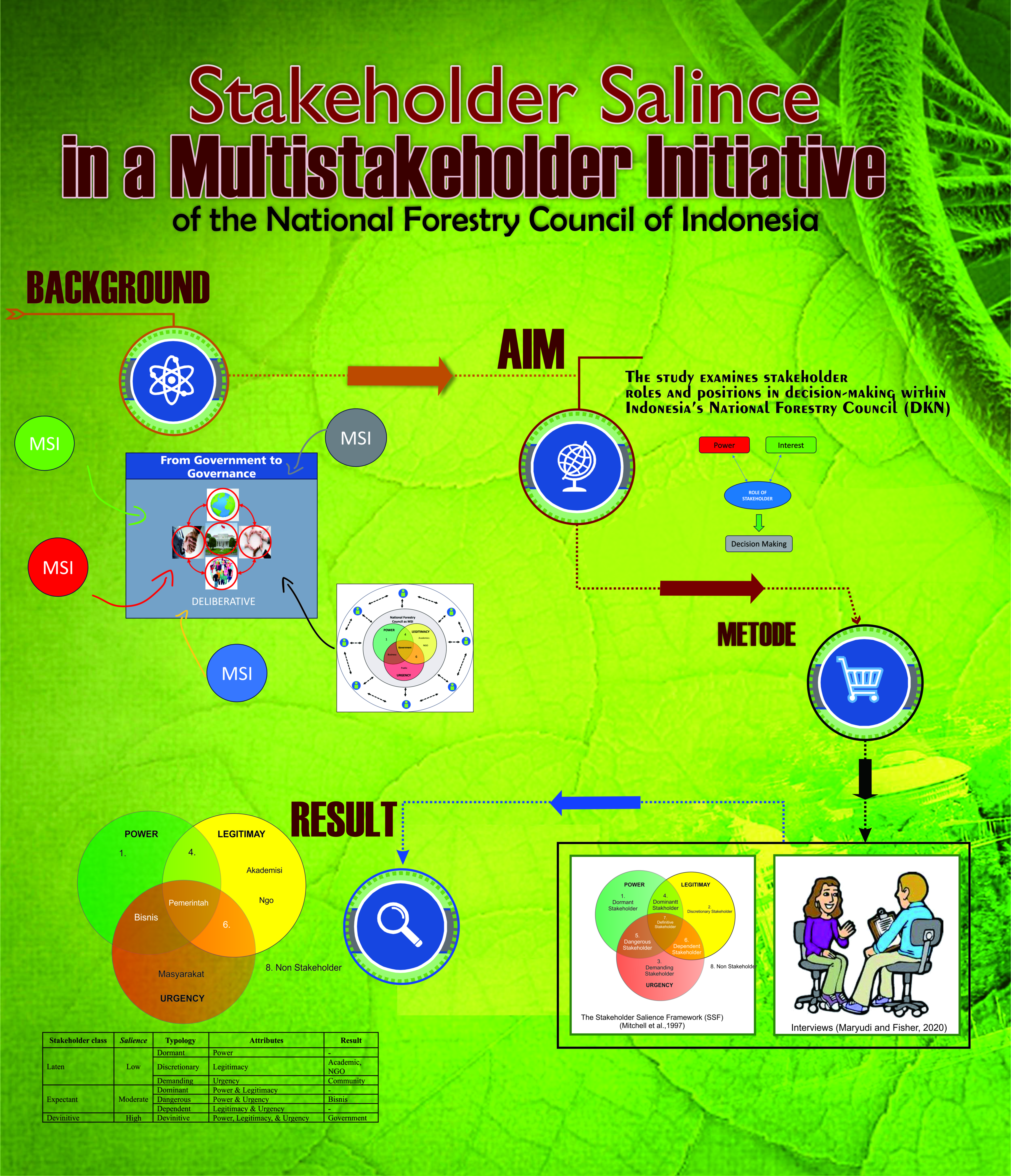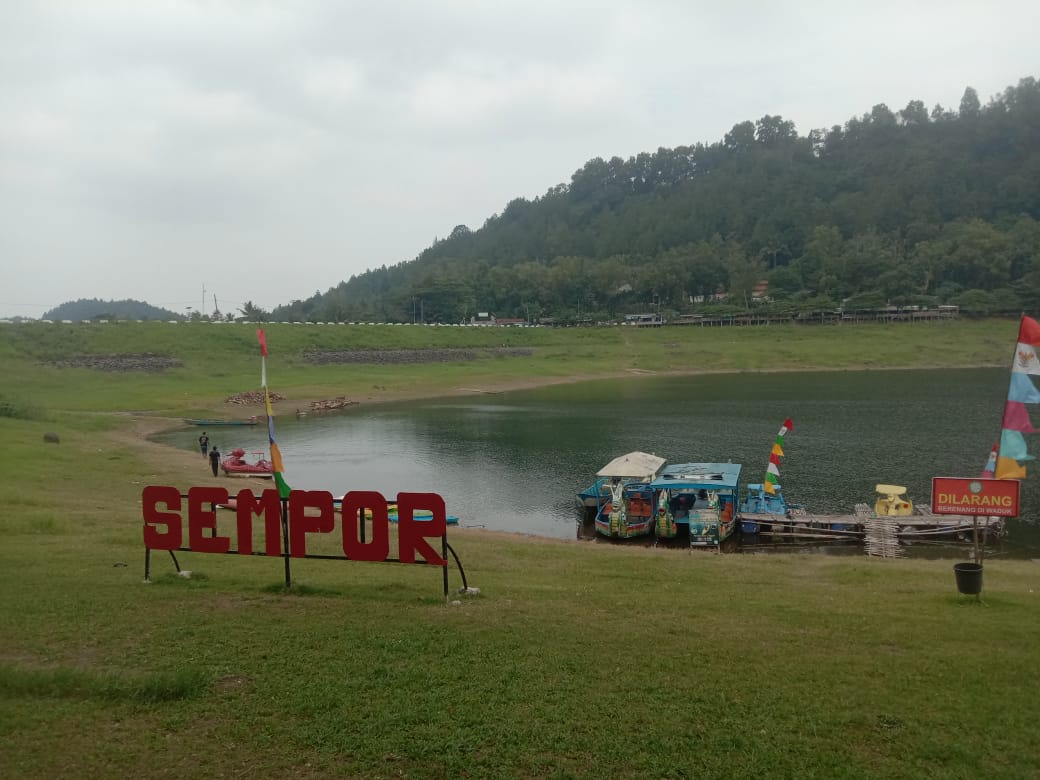Commercialization of Medicinal Plants in Java Island, Indonesia
Abstract
The benefit and transaction cost flow which people earn economically and socially from wild medicinal plant harvesting are addressed in this study. The objectives of this study are three aspects: defining how many users are involved in utilization of medicinal plant raw materials (MPRM), how users describing their perception and motivation and describing benefit and transaction cost which influence users to harvest the plants. Results showed that utilization of medicinal plants in Java is still widely used as commercial products then medical services. There are 41 stakeholders who involved in this study and the highest motivation and perception in production and industrial clusters are economic interest. But stakeholder's perception and motivation in traditional healthcare cluster is social interest. The different motivation and perception in both clusters causing stakeholder who are work in traditional healthcare lack of market information, but they are important if the government will improve the traditional medicine. Recommendation of this study is that medicinal plants need further research and product development which can help to expand the medicinal plant culture area in the natural forest. By this reason, government should develop good political will to increase the medicinal plant resources for public healthcare.
Authors
NugrohoI. A., NurrochmatD. R., & HardjantoH. (2016). Commercialization of Medicinal Plants in Java Island, Indonesia. Jurnal Manajemen Hutan Tropika, 22(2), 114. https://doi.org/10.7226/jtfm.22.2.114

This work is licensed under a Creative Commons Attribution 4.0 International License.
Jurnal Manajemen Hutan Tropika is an open access journal which means that all contents is freely available without charge to the user or his/her institution. Users are allowed to read, download, copy, distribute, print, search, or link to the full texts of the articles in this journal without asking prior permission from the publisher or the author. This is in accordance with the Budapest Open Access Initiative (BOAI) definition of open access.






